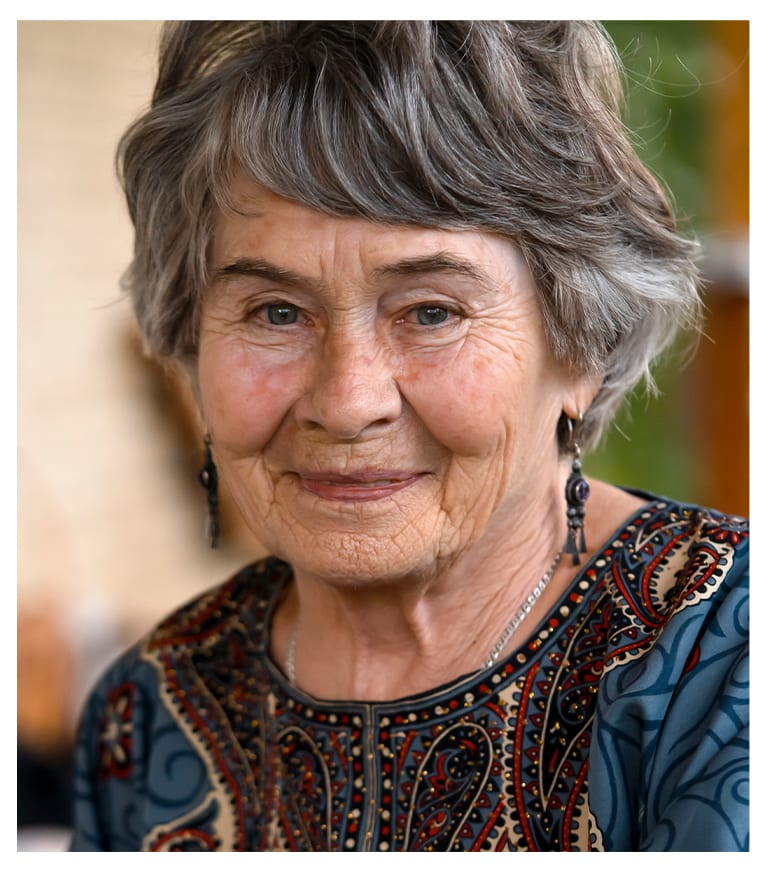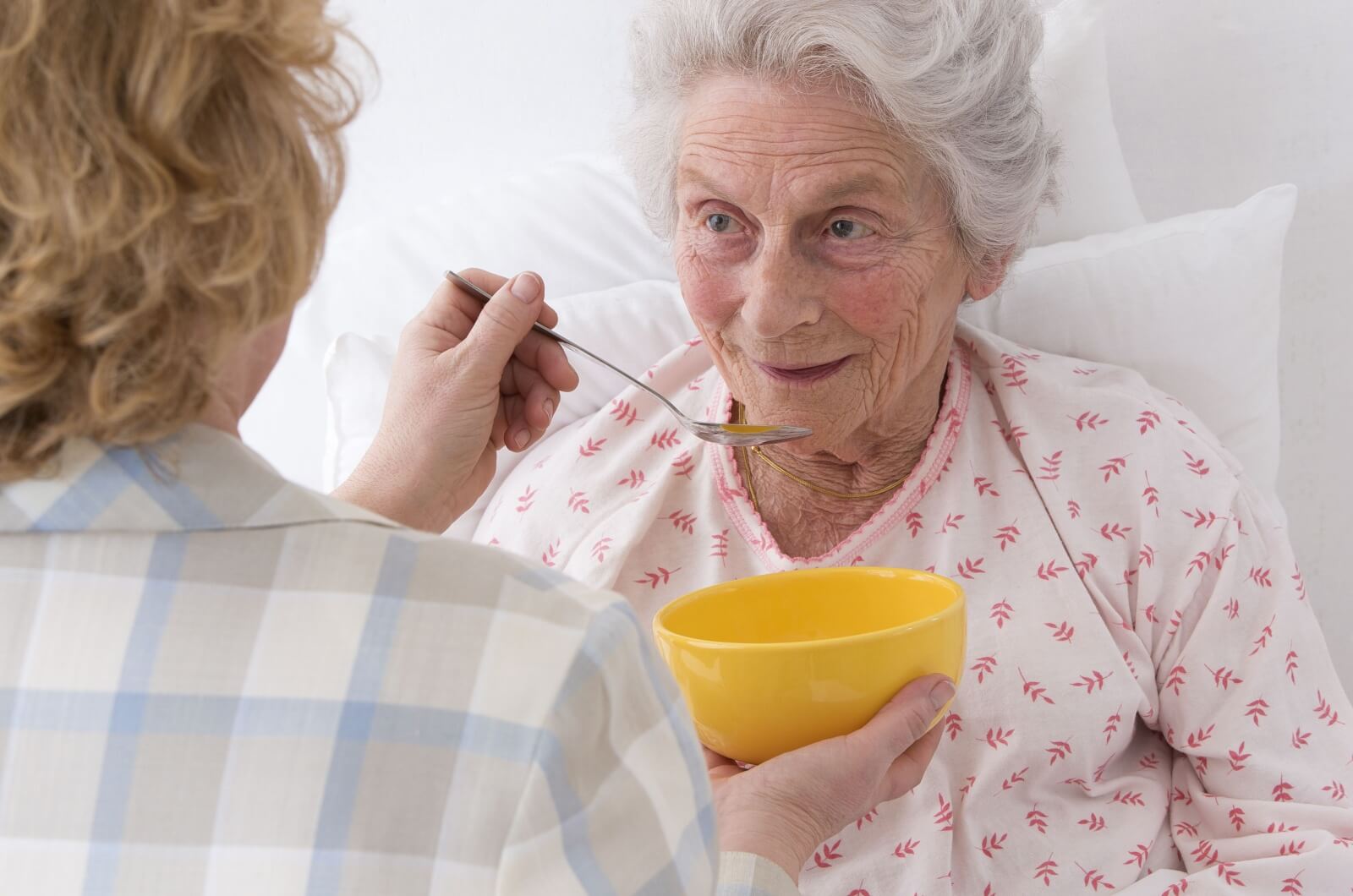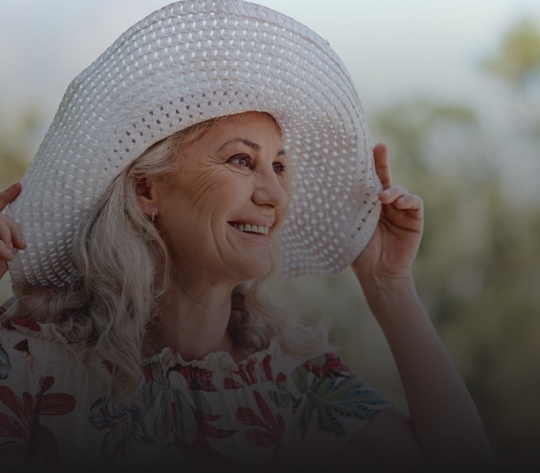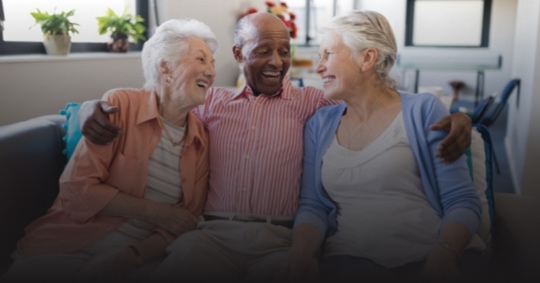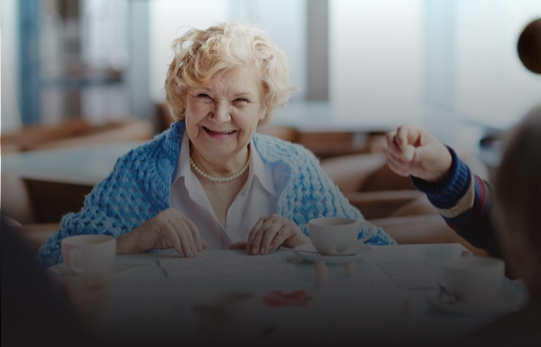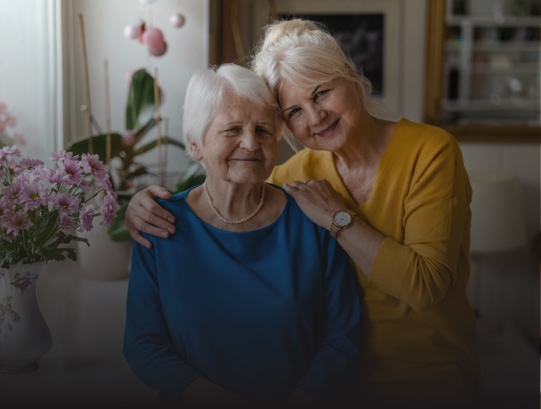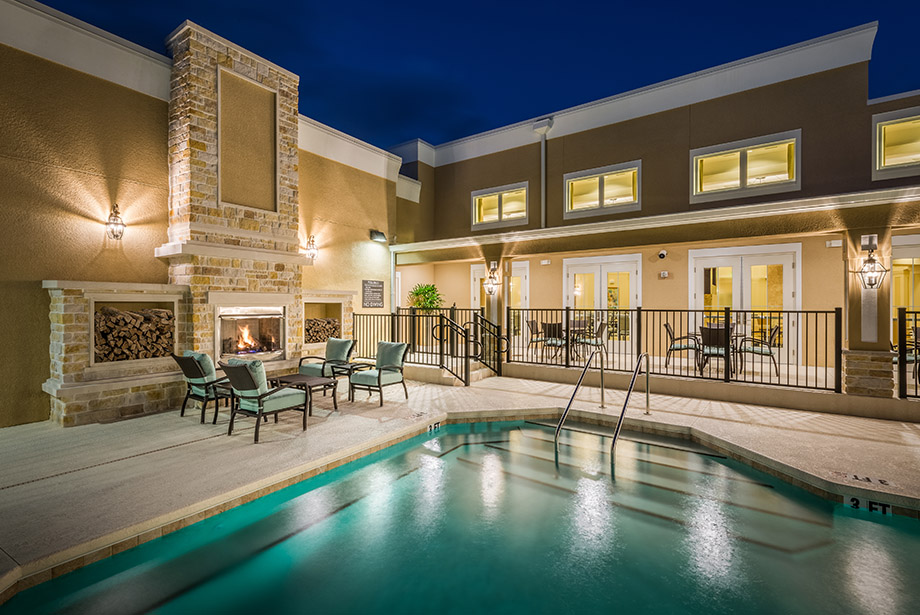Food is essential for everyone’s well-being, especially older adults. A proper diet can make a difference for healthy aging. If your loved one has less appetite, what can cause this?
There can be many reasons older adults lose their appetites, including physical changes, mental health issues like depression, loneliness, or simply a loss in variety of food. When these changes occur, your loved one may need more support to improve their appetite or meet their wellness needs.
The Importance of Diet for Older Adults
As we age, our bodies change, and so do our nutritional needs. It becomes increasingly important for older adults to pay attention to their diet to maintain good health.
It’s not just about what we eat, but also how much we eat. Your metabolism slows with age, and many older adults need fewer calories. However, appetite shouldn’t disappear—there may be another reason your loved one doesn’t seem hungry.
What Causes a Loss of Appetite for Seniors?
Appetite can drastically change with age, affecting the desire to eat. This loss of appetite for seniors can occur because of many factors, including physical changes, medication use, and mental health.
Physical Causes
Many changes occur in the body as someone ages, which can influence appetite. Some common physical changes that can affect hunger include:
- Pain
- Changes to smell, taste, and vision
- Lower energy levels
- Hormonal changes
- Digestive system changes
Other Causes
Besides physical causes of appetite loss, mood and environment can affect someone’s hunger.
Isolation can affect appetite. Your loved one may have difficulty cooking for themselves, making it harder to eat. Eating is also a social experience for many people, and living alone can lower your loved one’s appetite.
Depression is another common cause of appetite loss. Someone living with depression typically has less energy to cook or enjoys food less, lowering appetite. Depression is considered one of the most significant risk factors for malnutrition in older adults.
Many older adults take daily medications that can interfere with appetite. Hundreds of commonly used medications can affect taste and smell or lead to nausea, causing seniors to lose their appetite.
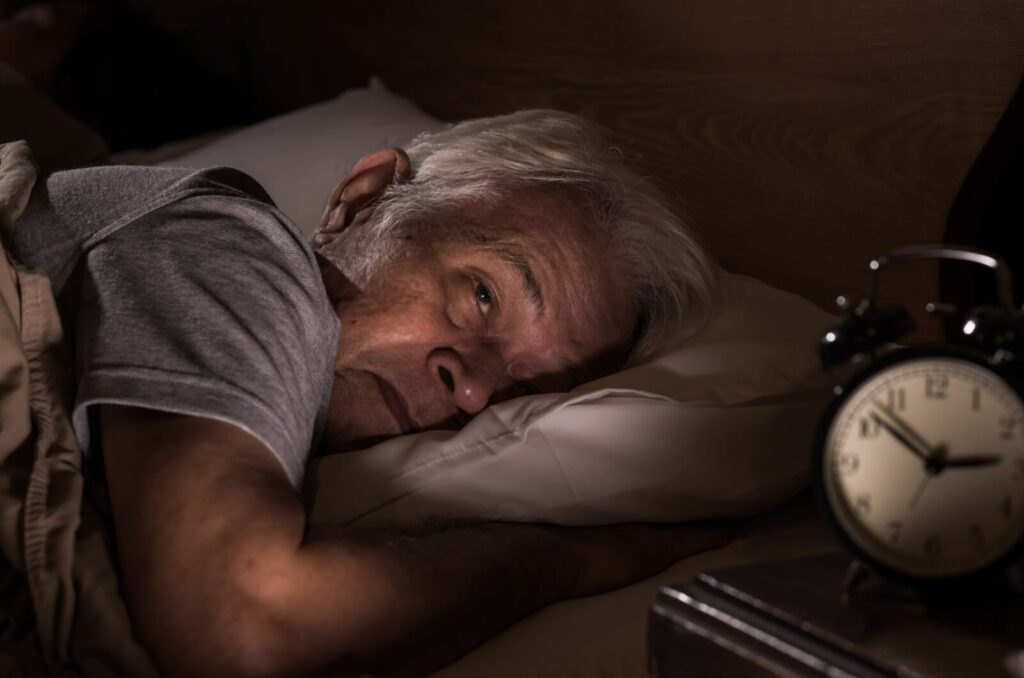
How Do You Know Your Loved One’s Appetite Has Changed?
It can be concerning when someone you love experiences a change in their appetite. You may notice they’re eating less or have lost weight recently. It can be hard to guess off appearance alone, so don’t be afraid to ask your loved one questions about their overall diet.
Ask them questions like:
- How is your general appetite?
- Do you feel full when you eat?
- How does food taste?
- How many meals do you eat a day?
Senior Living Can Support Your Loved One’s Diet
If you’re concerned about your loved one’s diet, senior living communities can help provide essential support and assistance. Our community offers a wide range of meal plans and dining options specifically designed for each resident. Every resident receives a personalized care plan that includes necessary medications and dietary restrictions, making sure older adults receive the nourishment they need.
Additionally, senior living communities allow residents to enjoy their meals in a social setting, fostering a sense of belonging and connection. Loneliness and depression can affect your loved one’s appetite, and having others to enjoy a meal with can make a difference. Somerby Nona even offers poolside dining for a relaxed atmosphere to enjoy our executive chef prepared meals.
With daily needs, such as meals, taken care of, your loved one can focus on other activities and make the most out of their day. Besides daily meals, senior living communities help with all aspects of everyday life, supporting residents’ well-being.
Your loved one lives as independently as they’d like with daily support like housekeeping, medication management, and help with the activities of daily living like dressing, bathing, eating, and moving.
Whether it’s engaging in hobbies, participating in recreational activities, or simply relaxing and enjoying their newfound freedom, senior living can benefit your loved one.
Help Your Loved One Thrive
Appetite can decrease for many reasons, but you can help your loved one get the nutrition they need. Senior living communities can provide them with nutritious meals, social opportunities, and daily medical support.
Contact Somerby Lake Nona to learn about our dining and wellness programs and how we can help your loved one.
